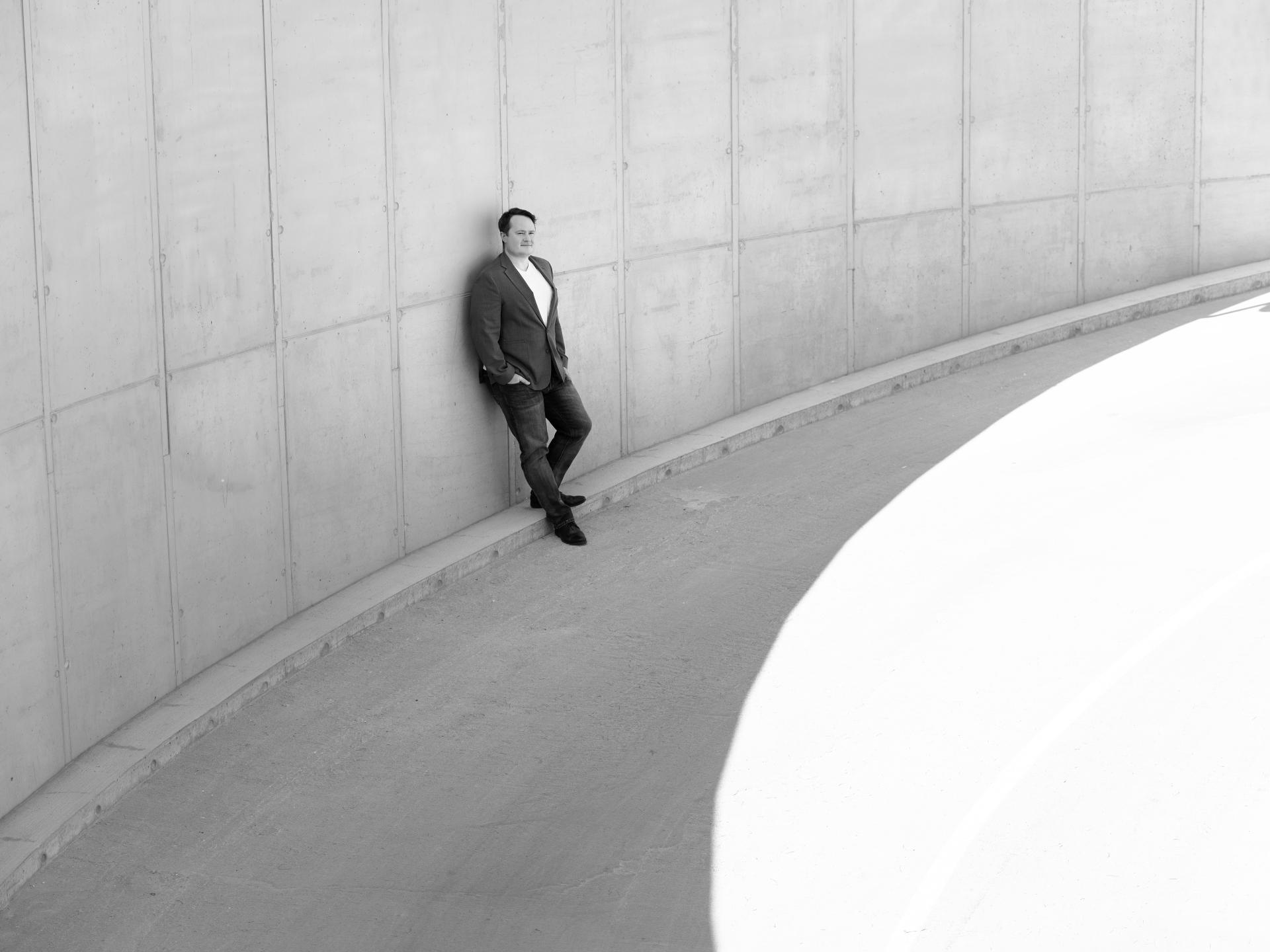Ph. D. Miķelis Kirpļuks, Leading researcher, Latvian State Institute of Wood Chemistry
After all, a chemical engineer is just an overqualified plumber.
The research interests of chemical technologist Miķelis Kirpļuks are related to the development of innovative polymers and their extraction from renewableand recyclable raw materials, replacingrefined petroleum products with more environmentally friendly alternatives. He hassuccessfully leveraged several Fundamental and Applied Research Programme, European Regional Development Fund (ERDF) and European Research Area Networks (ERA-Net) projects.
Logic, a clear order of things and, at the same time, the freedom to use creative thinking are the qualities that attracted Miķelis Kirpļuksto the profession of chemical technologist. Currently, the young scientist is working withpolyurethane foam materials in the polymerlaboratory at LSIWC and is researching how to increase the amount of renewable raw materials in their production while maintaining the principles of commercialviability. Polyurethane foam is a key thermalinsulation material in construction, pipeinsulation and electrical appliance, such asrefrigerator manufacturing. LSIWC scientistsare also exploring the use of polyurethane in space – for thermal insulation at cryogenic temperatures, for example, in the liquefied gas fuel tanks of space rockets.
Currently, Miķelis is trying to develop a new research direction in his laboratory – to create new, more environmentally friendly thermal insulation materials that have theproperties of rigid polyurethane foam, but are made from fully renewable raw materials andresources that are also available in Latvia. The laboratory is studying vegetable oils,recycled PET plastics and one of the
by-products of cellulose production: tall oil, as raw materials for innovative materials.This work is a valuable contribution to the circular economy: for example, in paper production, only about 30% of the pulp can be extracted from wood, while much of the other by-products are wasted.
Miķelis is convinced that science shouldalways work closely with industry, and that scientists should come to the aid of manufacturers, striking a balance betweeneconomic viability and environmentallyfriendly solutions. As a curious example of his own work, Miķelis mentions a study on the potential of using nanocellulose in the production of polyurethane foam: although cellulose nanofibres improve materialproperties by about 30%, a kilo of nanofibres costs about € 15,000, which makes them unsuitable for high tonnage productmanufacturing.
Alongside his scientific work, Miķelis hasalso found a valuable application for his knowledge of chemistry in his service inthe Latvian National Guard. His company’s expertise is protection against weaponsof mass destruction, including chemicalweapons. Miķelis advises the LatvianNational Guard and develops forecasts for various chemical attacks, as well as monitors and analyses high-risk sites. He also works with the National Guard on scenarios and briefings for the work of rescue services in the “X Hour”, including chemical spills.
The main task of a scientist, according to Miķelis, is to create new knowledge, butonce this is done, it is equally important to pass it on. This is perhaps a key reason why Miķelis is one of the Institute’s most prolific contributors to scientific publications. Underhis supervision, his first PhD candidate is alsopreparing to defend his thesis this year.
The project "Research Latvia 2024" is implemented within the framework of the ERDF project “Integrated National Level Measures to Strengthen the Representation of Latvian Research and Development Interests in the European Research Area”, No. 1.1.1.5/17/I/002.
